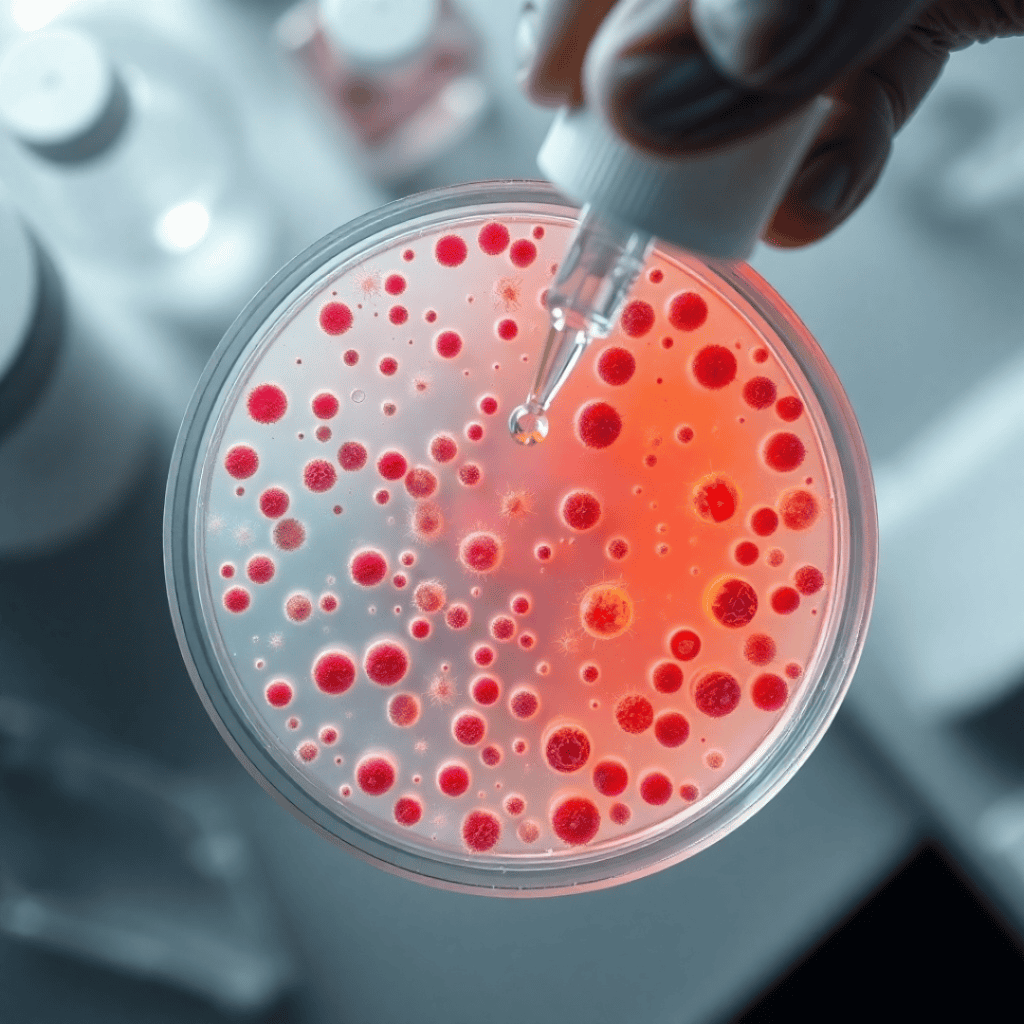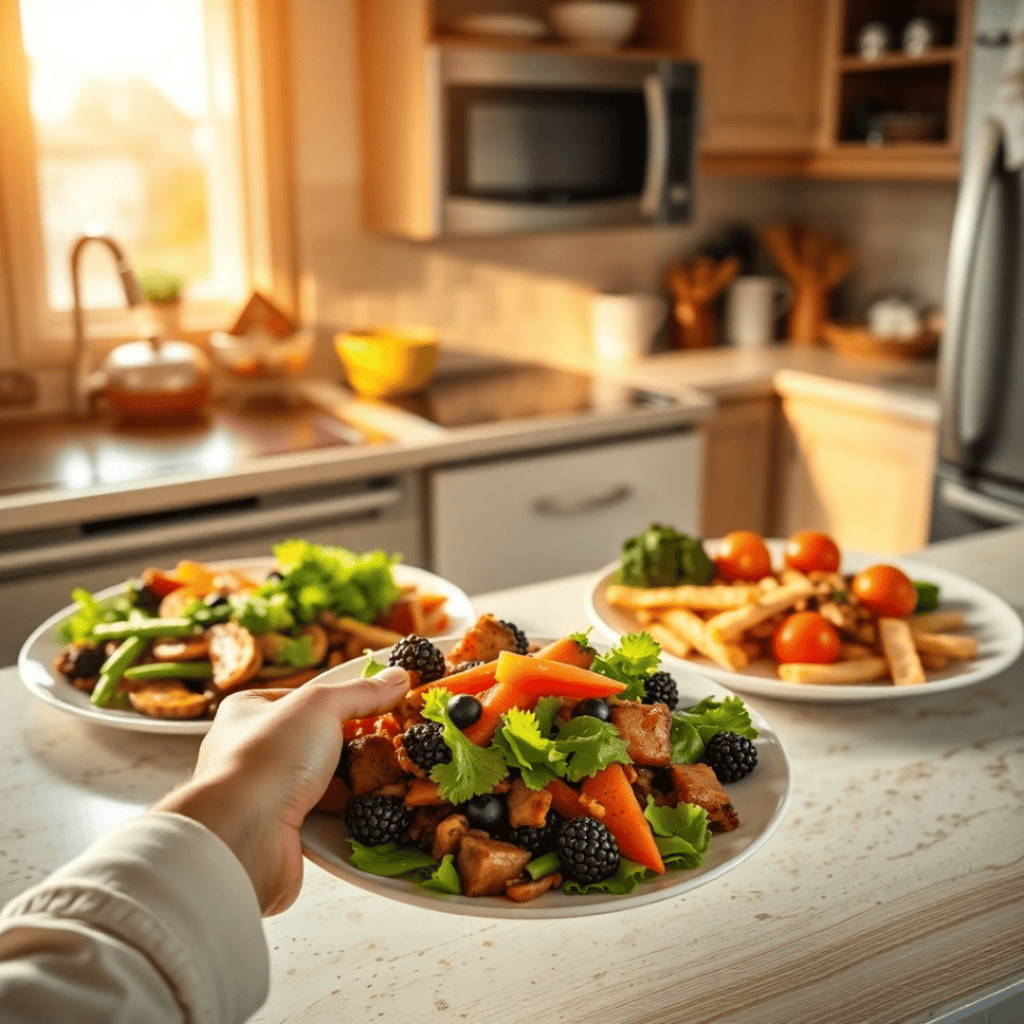
Sugar is everywhere. It’s in your morning coffee, your favorite snacks, even in “healthy” foods you wouldn’t expect. But with all the warnings about sugar’s impact on health, a big question lingers—does sugar cause cancer? More specifically, is there a link between sugar and breast cancer that women need to be concerned about?
If you’ve ever heard the phrase “sugar feeds cancer” and panicked about that cupcake you just ate, you’re not alone. The internet is full of conflicting information, and it’s hard to separate fact from fear. So, let’s break it down together and get to the truth about sugar, cancer, and what it really means for your health.
Does Sugar Cause Cancer and Make It Grow Faster?
The idea that sugar directly causes cancer has been circulating for years. The concern comes from the fact that all cells—including cancer cells—use glucose (a form of sugar) for energy. So, does that mean eating sugar fuels cancer growth? Not exactly.
Here’s what the science actually says:
- All cells need glucose to function—not just cancer cells.
- Cancer cells do consume more glucose than normal cells because they grow rapidly.
- But eating sugar doesn’t make cancer grow faster—it’s more about how your body processes sugar.

The real issue isn’t sugar alone, but how excess sugar affects overall health. This is where insulin resistance and cancer come into play.
How Insulin and Sugar Impact Breast Cancer
Eating too much sugar too often can lead to insulin resistance, a condition where your body stops responding to insulin properly. Insulin is a hormone that helps control blood sugar, but when levels are too high for too long, it creates the perfect storm for inflammation and hormone imbalances—two things linked to increased cancer risk.
Here’s why it matters for breast cancer:
- High insulin levels are linked to increased estrogen production, which can fuel hormone-sensitive breast cancers.
- Chronic inflammation from excess sugar intake creates a favorable environment for cancer cells to thrive.
- Obesity, often tied to high sugar diets, is a major risk factor for breast cancer.
According to research from the National Cancer Institute, insulin resistance and obesity are strongly linked to increased cancer risk, particularly for hormone-driven cancers like breast cancer.

Can Cutting Sugar Prevent Breast Cancer?
Many people wonder—“Can cutting sugar prevent breast cancer?” While cutting sugar alone won’t guarantee that you’ll never develop cancer, it can reduce your overall risk when combined with other healthy habits.
Here’s how:
- Lower insulin levels = Less fuel for hormone imbalances
- Reduced inflammation = A less hospitable environment for cancer cells
- Healthier body weight = A major factor in lowering breast cancer risk
The goal isn’t to eliminate sugar completely but to make smarter choices about the type and amount of sugar you consume.
Best and Worst Sugars for Your Health
Not all sugar is created equal. Some sources of sugar offer nutrients and fiber, while others are just empty calories that spike blood sugar.
Better Sugar Choices (Nutrient-Dense & Natural)
- Whole Fruits – Packed with fiber, vitamins, and antioxidants
- Raw Honey – Contains enzymes and trace nutrients (but should still be used in moderation)
- Maple Syrup – A better alternative to refined sugar with minerals like zinc and manganese
- Dark Chocolate (70%+ cacao) – A little sweetness with powerful antioxidants

Worst Sugar Choices (High Glycemic, Processed & Harmful)
- White Sugar & High-Fructose Corn Syrup – Found in sodas, baked goods, and processed snacks
- Flavored Yogurts & Cereals – Often marketed as “healthy” but loaded with hidden sugars
- Candy & Sugary Drinks – Fast-digesting sugars that spike blood glucose and insulin
If you’re looking for a middle ground, aim to limit processed sugars while still enjoying natural sources in moderation.

How to Manage Sugar Intake Without Feeling Deprived
You don’t have to swear off sweets forever! Instead, try these realistic, doable strategies for balancing sugar intake:
- Pair Carbs with Protein and Healthy Fats – This slows down sugar absorption and prevents blood sugar spikes.
- Swap Sugary Drinks for Healthier Alternatives – Try green tea (rich in antioxidants) or infused water instead of soda.
- Eat More Fiber – Foods like oats, flaxseeds, and legumes help slow sugar absorption and support digestion.
- Read Food Labels – Sugar hides in surprising places! Look for hidden sources in sauces, dressings, and packaged snacks.
- Indulge Mindfully – Enjoy a sweet treat guilt-free, but balance it with nutrient-dense foods throughout the day.
The Bottom Line: Should You Cut Out Sugar Completely?
The idea that sugar alone causes cancer is a myth, but the way sugar affects the body can contribute to a higher breast cancer risk over time.
Key takeaways:
- Sugar doesn’t “feed” cancer directly, but excess sugar can lead to insulin resistance, inflammation, and weight gain, all of which increase cancer risk.
- The focus should be on reducing added sugars and processed foods, not eliminating sugar completely.
- A balanced diet rich in whole foods, fiber, and healthy fats is more important than obsessing over cutting out all sugar.
If you’re trying to make healthier choices, start with small, sustainable changes—your body will thank you!
